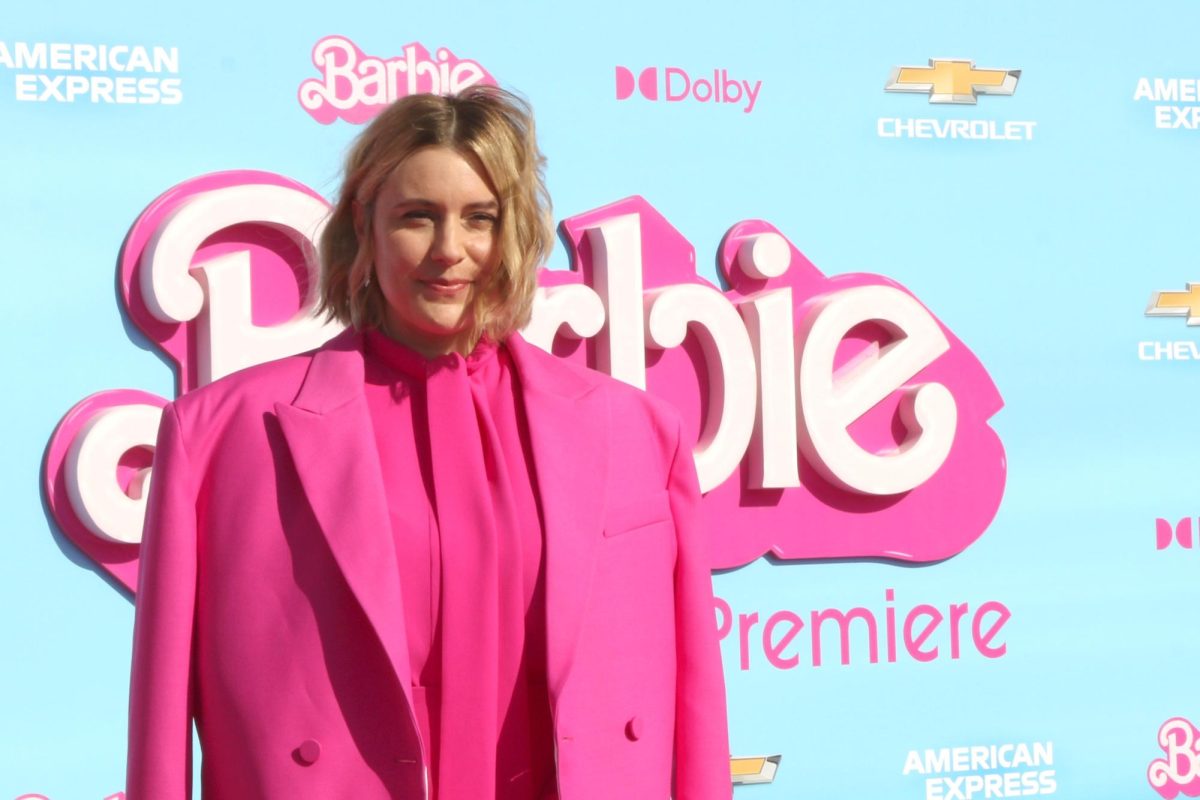Last Tuesday, the Academy released its 2024 Oscar Nomination List. The ballot highlighted a slew of prominent cinematic work, notably giving 13 nods to Christopher Nolan’s Oppenheimer, among others. Yet, film buffs and feminists alike were noticeably confused at the lack of praise for the blonde doll that took the year by storm. Where were Margot Robbie and Greta Gerwig?
Gerwig’s Barbie follows the journey of “Stereotypical Barbie” (Margot Robbie) as she ventures out of her plastic utopia and into the real world. The film explores issues of societal gender discrimination and the invisible expectations placed upon women daily. Raking in more than a billion dollars in box office revenue, the film was fully expected to have a strong presence on the nomination ballot.
Yet, while Barbie appeared on the Oscars’ list a respectable eight times, Robbie and Gerwig did not receive individual nominations in their respective categories as actress and director. This decision elicited modest support from individuals who argued that the work simply wasn’t up to Oscar standard. However, most fans took the decision as an intentional jab at the movie’s feminist subject matter.
While I enjoyed Robbie’s work in Barbie, her snub did not touch me as emphatically as Gerwig’s did. Barbie explored themes that could have been easily trivialized. Rather than treating her film with frivolousness, Gerwig tastefully turned it into something raw without succumbing to radical feminization.
While on-screen female representation is important, the situation primarily highlights the uphill battle that women face behind the chair. After 95 Academy Award ceremonies, only three women have been awarded the title of Best Director. Like most systems, the film industry is structured in a way that favors a certain voice.
Kelli Brent, a film student at Emerson College, firmly agrees that Gerwig not being nominated for Best Director was not an accident.
“Academy members can only nominate people for categories that align with their own profession,” Brent told The Villanovan.
In other words, cinematographers vote for cinematographers, editors vote for editors and so on. In such a male-dominated industry, this process makes it increasingly harder for women to break the glass ceiling and be taken seriously.
“For generations, filmmakers are taught to make films about white men, for white men, to get…nominated by white men,” Brent said. “It’s a system Hollywood has been trying to break for decades, but in light of the recent nominations, we are reminded that men still hold all of the power in film and television.”
Brent’s point counters a common misconception held by many: show business is a female-dominated space. Amateur theater classes brim with young girls in tutus while boys are nowhere in sight. Yet, as the opportunity for creative control rises, so does the interest of men. “Film bros” flood USC and NYU, with direct pipelines right into the director’s chair.
Barring its stereotypical nature, this example highlights the glaring discrepancy between “frilly” hobbies and creative ones. There is a clear double standard between male and female artistry that has no doubt presented itself in this year’s Oscar nominations.
For example, when editing used to involve physically cutting and arranging film strips, being an editor was considered “a woman’s job” because it was seen as simple and tedious. However, once filmmakers realized that editing is a very artistic process that can significantly impact a film, male editors increased. Now, it is recognized as one of the many male-dominated professions in filmmaking.
“I never really thought about the contradiction between male and female hobbies translating to the workplace, but it’s definitely interesting,” Villanova freshman Dana Singer said. “I’m not particularly interested in film, but I was a ballet dancer. It was extremely physically demanding, but the sport wasn’t given the respect it deserved because of its majority-female involvement.”
Was Barbie better than Oppenheimer? Debatable. Was Gerwig as deserving of an Oscar nomination as Nolan was? Undoubtedly. Cinematography aside, in 2024, there should be no excuse for a lack of diversity in Hollywood.
“Maybe the men of the academy didn’t appreciate Barbie’s feminist ideas, or maybe they thought having more than one [female] nominee was too much,” Brent said. “At the end of the day, there is no denying that the reason Greta Gerwig didn’t receive a best-directing nomination this year is because she is a woman.”




